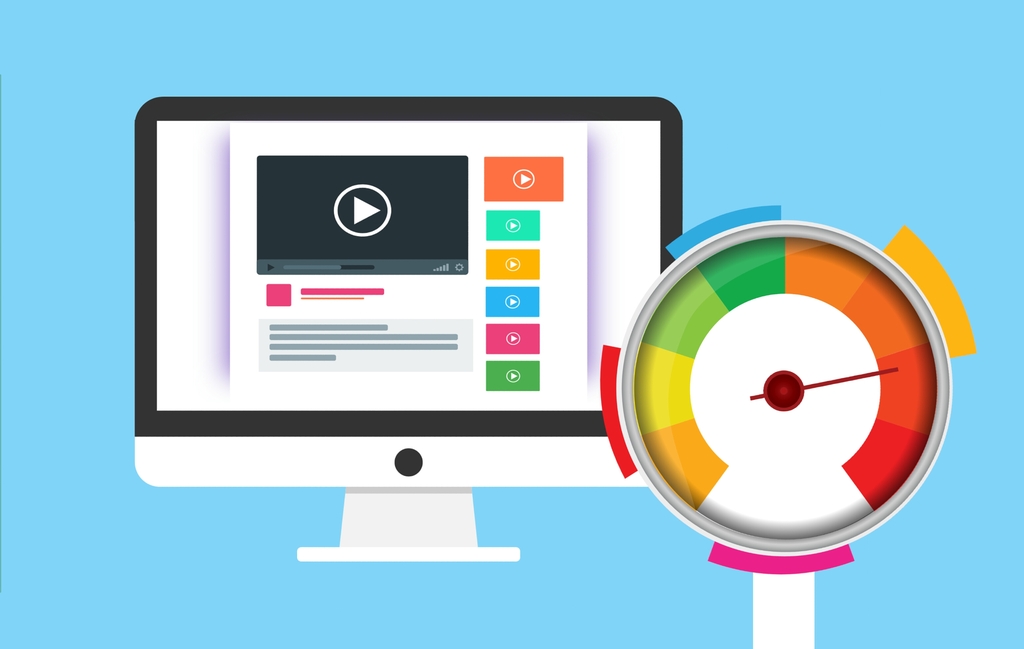According to Google, a website should load in 2 seconds or less on desktop and mobile devices. That being said, this is not always easy to achieve, especially for large or complex websites.
There are several factors that can affect website speed, such as the size and number of files that make up the website, the quality and location of the hosting server, and the type of content management system (CMS) or framework used to build the website.
Website speed refers to how quickly a web page loads and becomes available for the user to interact with. A fast website can improve the user experience, increase search engine rankings, and reduce bounce rates (the percentage of visitors who leave a website after only viewing one page).
There are several factors that can affect website speed, including:
- The size and number of the files that make up the website, such as images, CSS, and JavaScript. Larger files and more files will take longer to load.
- The hosting provider and server performance. A slow server or insufficient resources (such as CPU and memory) can cause a website to load slowly.
- The design and code of the website. Poorly written code or inefficient design can slow down the loading of a website.
- The distance between the server and the user. The further the user is from the server, the longer it will take for the website to load.
It is worth noting that website speed is just one factor that can affect the user experience. Other factors, such as the design and usability of the website, are also important.
To improve website speed, you can use techniques like:
- Optimizing images and other media
- Minimizing the number of requests made by the browser
- Minifying and compressing code
- Using a Content Delivery Network (CDN)
- Caching frequently accessed data
- Using a framework or CMS that is optimized for performance
- Using a hosting provider that can provide high-speed connectivity to your server
It is also important to regularly test and monitor your website’s speed, and make adjustments as needed to ensure that it is loading quickly for visitors.
How can your website hosting provider speed up your website?
There are several ways that a web hosting provider can help to speed up a website:
- Server Location: The location of the server can have a big impact on website speed, as the closer the server is to the visitor, the faster the website will load. Hosting providers often have data centers in multiple locations, so they can offer the option to host your website on a server that is closest to your target audience.
- Server Configuration: Many hosting providers offer different types of servers, each with their own specifications. Hosting providers can help you choose the right type of server that can handle the traffic and resources your website requires. They can also make sure that the server is configured optimally for your website.
- Content Delivery Network (CDN): A CDN is a network of servers that are distributed in multiple locations around the world. It can be used to cache and deliver website content, such as images and videos, from a server that is closest to the visitor. This can help to speed up the delivery of website content and reduce the load on the main server.
- Caching: Hosting providers can also provide caching solutions, such as in-memory caching or disk caching, which can help to speed up the delivery of frequently accessed website content.
- Optimization: Hosting providers can also help to optimize your website for speed by compressing files, minifying code, and using other techniques to reduce the amount of data that needs to be transferred over the internet.
- Monitoring and Maintenance: Hosting providers can monitor your website’s performance and proactively fix any issues that arise. They can also keep your server software and security updates up to date, which can help to prevent problems that can slow down your website.
It’s important to note that the specific options available to you will vary from one hosting provider to another, and what a provider can offer you can also depend on the specific hosting plan you have chosen.


